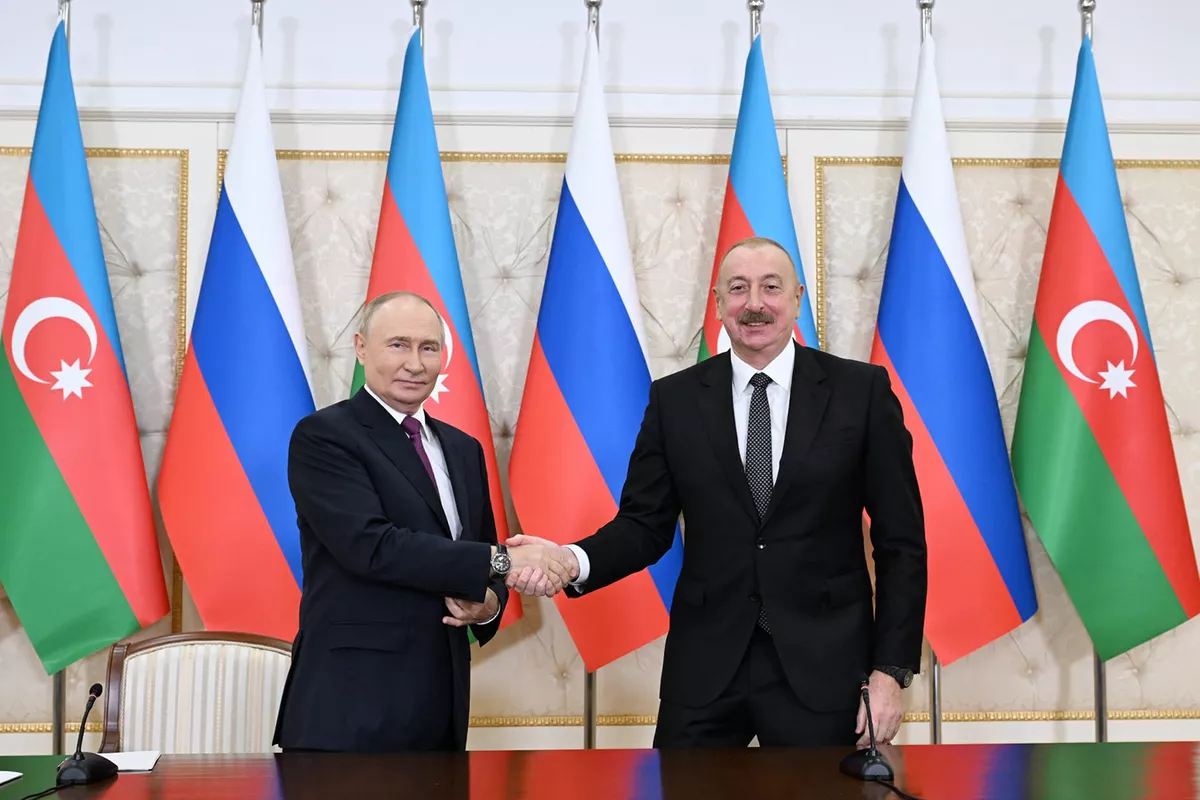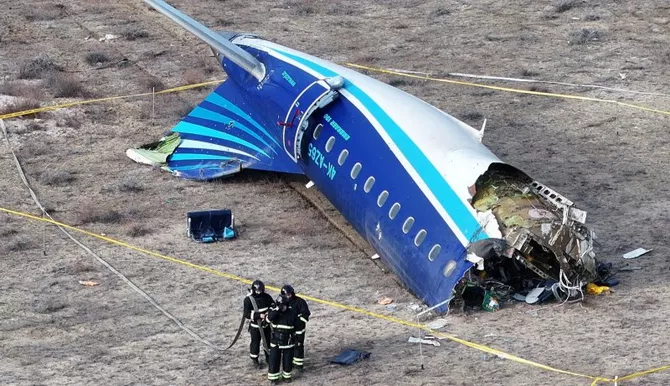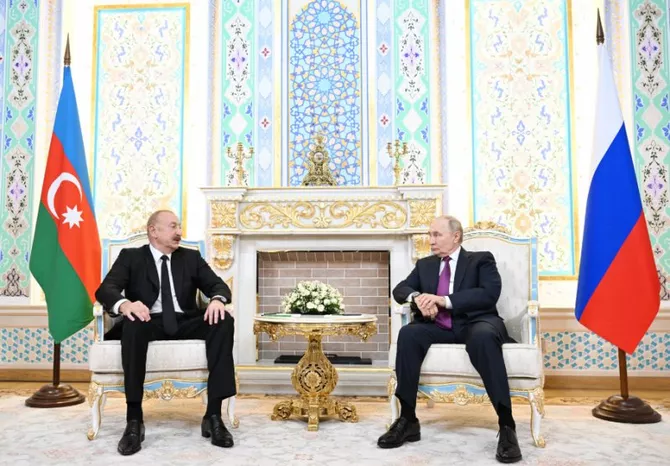
photo: Vestnik Kavkaza
The meeting between the Presidents of Azerbaijan and Russia in Dushanbe marked an important moment in regional politics. After months of pause and tension, both sides once again demonstrated their readiness to engage in direct dialogue without intermediaries or excessive symbolic gestures. At a time when the region faces new risks and uncertainty, the very fact of a substantive conversation between Baku and Moscow signaled that there is still room for pragmatism.
The Dushanbe talks took place against the backdrop of a difficult period in bilateral relations. Following the December tragedy involving an Azerbaijani aircraft, which claimed the lives of Azerbaijani citizens, communication between the two countries noticeably cooled. During that period, groups of commentators in the Russian media tried to portray the situation as a crisis of trust. These emotional narratives did not reflect the official positions of either Moscow or Baku. For its part, the Azerbaijani side refrained from public responses, demonstrating restraint and a willingness to wait for official clarification.
The meeting in Dushanbe showed that the period of mutual caution is coming to an end. The political significance of the negotiations lay not so much in their formal outcomes as in the very fact of resuming direct, high-level communication. Both sides reaffirmed their intention to return relations to a constructive and businesslike format based on mutual respect, pragmatism, and economic interdependence.

photo: Reuters
A noteworthy moment was Vladimir Putin’s detailed public discussion of the causes of the December tragedy. It is rare for a head of state to comment on technical aspects of an investigation in such cases rather than limiting remarks to formal condolences. The Russian president noted that the incident was caused by a combination of factors, including failures in the air defense system and the presence of unmanned aerial vehicles belonging to third parties in the area.
This level of openness carries important political weight. Moscow demonstrated its readiness not only to inform its partner but also to acknowledge mistakes - something not often seen in the region’s diplomatic practice. Putin also stated that the investigation would be completed and that decisions would follow, including compensation measures and assessments of the actions of responsible officials. The message was clear: Russia does not intend to leave the issue unresolved and seeks to ease the tension that arose in December.
President Ilham Aliyev, in turn, thanked the Russian leader for the information provided and emphasized that the two sides had maintained direct contact since the tragedy. This statement is important not only in the context of the incident but also as a reflection of Baku’s broader approach - maintaining channels of communication even under difficult circumstances.
Azerbaijan’s position remains consistent: Baku is interested in stable and predictable relations with Moscow, based on equality and mutual respect. The absence of public criticism and the preservation of a professional tone helped prevent further escalation. As a result, both sides approached the Dushanbe meeting with an understanding that prolonging confrontation served neither of their interests.
Despite the political pause, economic ties between the two countries have remained resilient. According to Vladimir Putin, bilateral trade turnover has increased by more than 16 percent, demonstrating that functional mechanisms of cooperation continue to work. For both economies, this shows that the foundation of their partnership remains strong and that economic links are less vulnerable to temporary political fluctuations.
Ilham Aliyev, for his part, noted that roadmaps across key areas - from energy to transport and industrial cooperation - are being implemented consistently and without interruption. This mutual recognition has strategic meaning: it shows that the economic dimension of the relationship has proven more stable than the political one and can serve as a stabilizing factor.
The role of the information sphere in shaping these events also deserves attention. After the December incident, emotional and sometimes provocative commentaries became more visible in the Russian media, with some attempting to frame the Moscow-Baku relationship as being in deep crisis. Yet the official course of both countries ultimately stood above such rhetoric.
Azerbaijan’s decision not to engage in media conflicts was one of the key factors that preserved the foundation for continued dialogue. This example highlights that, in today’s information environment, the ability to distinguish official policy from media noise has become an essential component of foreign policy resilience.

Photo: AZERTAC
The results of the Dushanbe meeting should not be seen as a breakthrough but as a step toward normalization. Both sides demonstrated a readiness for dialogue, which in itself is a positive signal. Sensitive issues remain - from regional security to the status of transport corridors and the role of external actors in the South Caucasus.
Nevertheless, from a political perspective, the meeting showed that both capitals are prepared to discuss problems without pressure or ultimatums. Russia made it clear that it seeks a stable dialogue and a restoration of trust. Azerbaijan, in turn, reaffirmed its readiness to maintain contact provided that mutual interests and sovereignty are respected.
The further development of relations is likely to proceed gradually and pragmatically. Rapid breakthroughs should not be expected, but the gradual restoration of working mechanisms and growing economic interaction create a solid basis for political dialogue.
The meeting between the Presidents of Azerbaijan and Russia in Dushanbe sent a clear signal that pragmatism can overcome emotional turbulence and informational distortions. After a difficult period, both sides chose dialogue over confrontation.
Normalization will undoubtedly require time and effort. Yet it is already clear that Azerbaijan and Russia are ready to act based on rational interests rather than political emotions. Geography, history, and economics make their partnership an inevitable element of the regional balance. The Dushanbe meeting proved that even after moments of crisis, there remains room for calm, pragmatic, and mutually respectful dialogue.
Share on social media